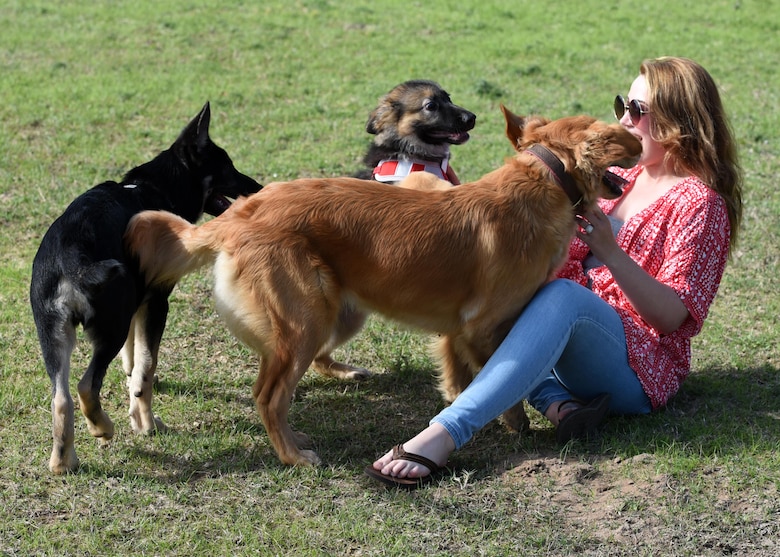STEM
Brain
Biological Evolution
Edward Hessler
Dogs are different in appearance and size, sometimes surprisingly so. As is well-known, this is a result of domestication and artificial selection by humans from the time they split from wolves many thousands of years ago. As an example, dogs range in size from large, the Great Dane, Newfoundland, and English Mastiff to small, the Chihuahua, Bichon Frise, and Pomeranian.
It is also well-known that dog breeds differ in temperament and behavior. There are herders (Border Collie), hunters (Springer Spaniel), companions (Japanese Chin). A recent study reported in the Journal of Neuroscience, led by Erin Hecht, a neuroscientist at Harvard University, and her colleagues "examined whether and how selective breeding by humans has altered the gross organization of the brain in dogs." The team did MRI studies of 62 male and female dogs of 33 breeds. "Notably," the authors report, "neuroanatomical variation is plainly visible across breeds." The team concluded that the "results establish that brain anatomy varies significantly in dogs, likely due to human-applied selection for behavior."
The full paper is protected by a paywall but the abstract, the significance of the study, and how the research was distributed across team members may be read.
Eva Frederick, reporting for Science, writes that "Hecht and her team identified six networks of brain regions...and that "each of the six brain networks correlated with at least one behavioral trait." According to Frederick, Hecht notes "one drawback to her study, is that all dogs examined were pet dogs, not working dogs."
At caninebrains.org you may learn more about research to "understand the minds and brains of our best friends." It describes a linked study at Harvard University and the University of Georgia-Athens. There are several ways to participate if you are interested.
And for more information about Professor Erin Hecht, her research group and their work this will link you to the Evolutionary Neuroscience Laboratory at Harvard which she leads.

 CGEE Student Voice
CGEE Student Voice
No comments:
Post a Comment